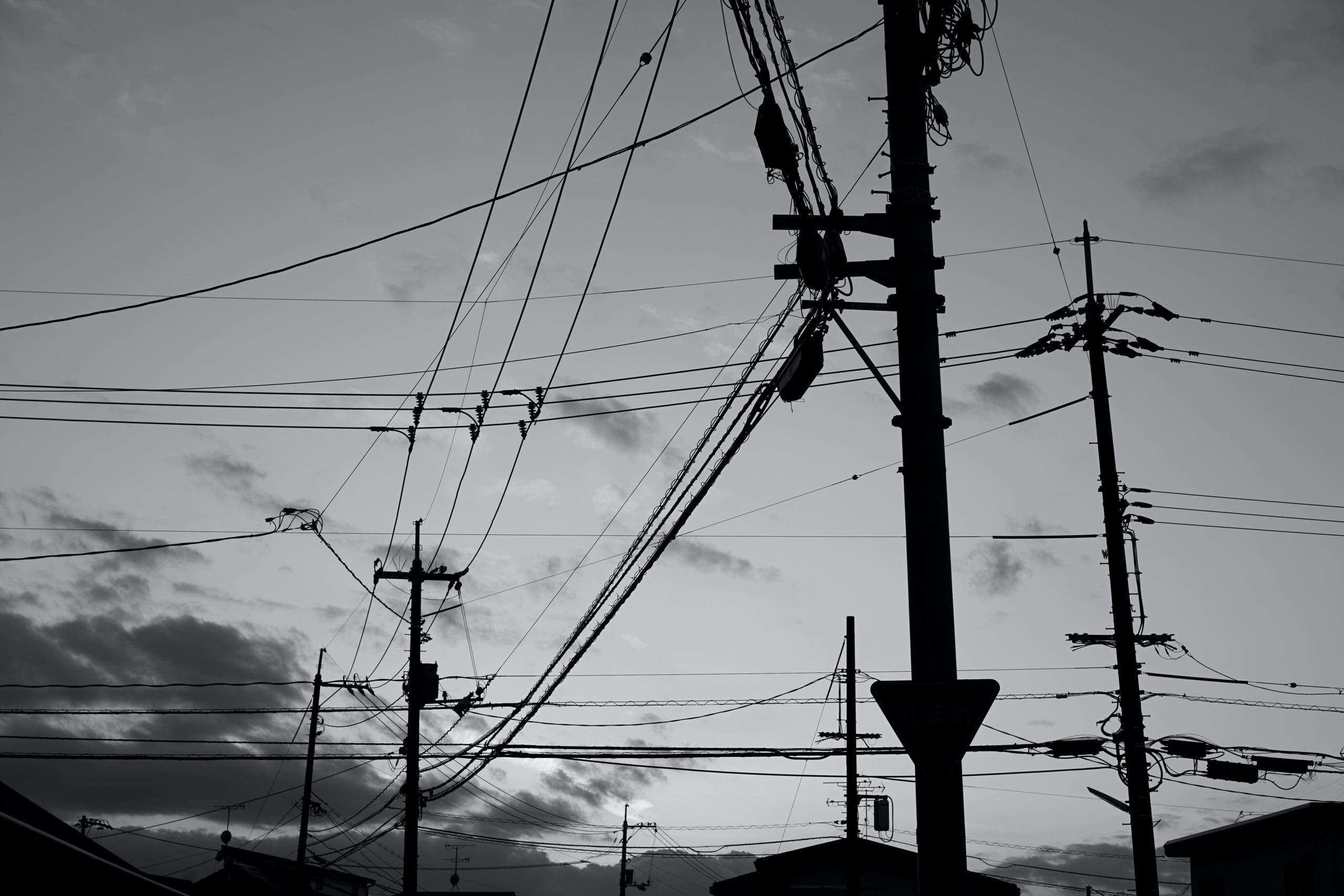Texans statewide cried out in February when they were hit with record power blackouts and freezing cold—and it is still uncertain if state officials did much to protect the grid moving forward.
“[By the morning of February 15,] half of Texas’ wind turbines were frozen solid, and wind generation bottomed out at 2 [percent] of installed capacity by [that] night,” Jason Isaac, director of Life:Powered, a project of Texas Public Policy Foundation, told Texas Scorecard in February. “Because of this massive gap in wind production and ERCOT’s [Energy Reliability Council of Texas] delay, what should have been a series of brief rolling blackouts—inconvenient but manageable—instead turned into 4 million Texans left in the cold and without answers.”
To make matters worse, ERCOT shut down power at natural gas substations in the Permian, leading to further shortages.
Isaac said what led to the February winter blackouts was ERCOT waiting “too long to initiate conservation measures to meet increased demand” as temperatures dropped, and Texas’ over-reliance on unreliable green energy. This over-reliance was fueled by taxpayers’ money in the form of “massive subsidies,” with state officials forcing Texas taxpayers to pay out an average of $1.5 billion a year. Isaac believed that if the Texas Legislature had not given these handouts in the first place, the story “would have been different.”
Bill Peacock, policy director at the Energy Alliance, also believes taxpayer-backed subsidies to unreliable green energy was a “likely primary” cause of the blackouts, corralling investment away from reliable energy.
Isaac and Peacock define reliable energy as gas, clean coal, and nuclear energy, and both Isaac and Peacock agreed the Legislature should end all subsidies for unreliable green energy.
Isaac added the Legislature should “develop a market-based plan to require all electric generators to guarantee a certain amount of ‘dispatchable,’ or readily available, power to the grid at all times.” Peacock argued for less state intervention in Texas’ electric market, while requiring wind and solar operators to “bear the costs their intermittency imposes” on Texas’ power grid.
The Texas Legislature’s Response to the Winter Blackouts
As far as the state Legislature’s actions during the regular session this year, Peacock and Isaac had differing views.
“The Legislature did absolutely nothing to address renewable energy subsidies,” Peacock said.
Isaac disagreed, noting the Legislature didn’t extend beyond next December Chapter 313 of the Texas Tax Abatement Code, which he said was “a huge, huge victory for property taxpayers in the state of Texas.”
Chapter 313 allows school districts to offer large tax breaks for 10 years to renewable energy and other businesses, tax breaks that come at no loss to the school districts. The state supplements the lost revenue to the districts from sales taxes and other state-collected taxes.
Peacock felt it was too early to declare victory, pointing out the Legislature could revive Chapter 313 in 2023, or in a special session if Gov. Greg Abbott puts it on the agenda.
Remaining Threats
A June opinion piece published by Forbes in June attacked Abbott for claiming Texas’ power grid was “better today than it’s ever been” after the regular session of the Texas Legislature ended. The piece also identified remaining vulnerabilities in the grid.
“Nothing physically has changed, and [the grid] continues to show regular signs of growing instability,” wrote the author, David Blackmon.
Abbott responded by issuing four directives to ERCOT, but he didn’t put energy security on the Legislature’s to-do list in the first, second, or third special sessions.
In addition to over-reliance on unreliable green energy, there is another threat to Texans’ energy security: American utility companies importing Chinese transformers. It was revealed in September that a number of electric transformers imported from communist China contain hardware backdoors that could allow Chinese agents to manipulate them remotely. The federal government seized such a transformer in the Port of Houston in 2018.
While Texas suffered no further statewide blackouts in 2021, time will tell if state officials have done enough to ensure our energy security.





